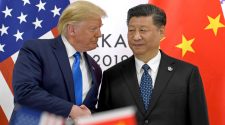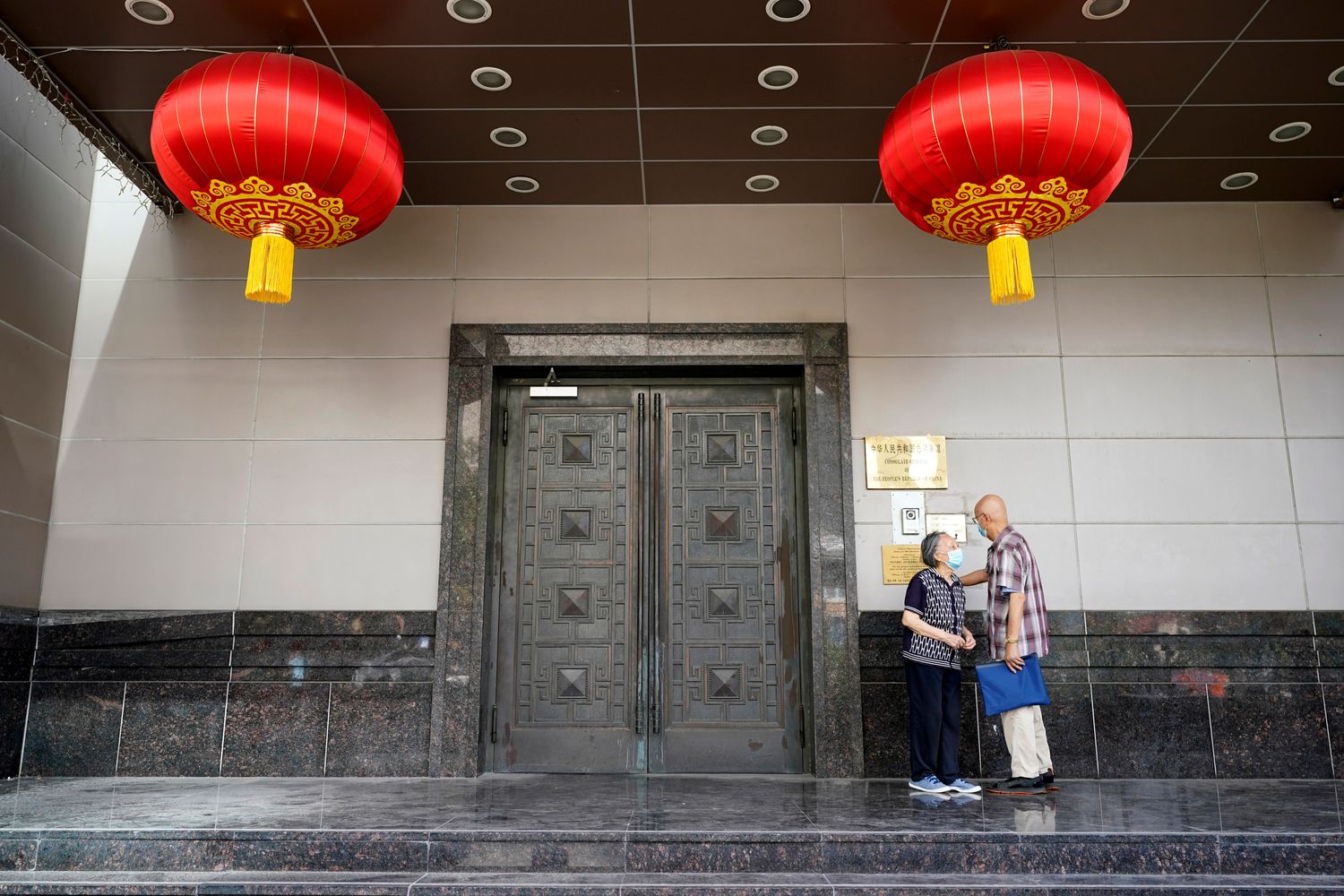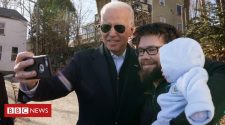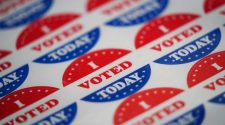Cai said Beijing has asked the U.S. to rescind its Tuesday order to close the consulate, which China argues runs afoul of international agreements governing diplomatic relations.
“We think that the demand from the U.S. side … is not according to the Vienna convention on consular affairs and also is not according to international practice or [diplomatic] norms, and it violates the China-U.S. consular treaty,” Cai said. “We prepared for the worst scenario but we’ve also launched a strong protest … so we urge the U.S. to abandon and revoke that wrong decision.”
Cai’s remarks came as the South China Morning Post reported that Beijing is likely to close a U.S. consulate in the southwestern city of Chengdu, which is strategically important for the U.S. given its interest in Tibet. But the head of the Houston consulate declined to comment on how Beijing should respond to the order to close his office.
Cai stressed that he is the head representative of the Chinese government in Houston, but China experts said he is unlikely to have the authority to decide on his own whether to keep the consulate open.
“I would be very surprised if the consulate itself can decide without listening to Beijing,” said Ho-Fung Hung, a professor of political economy and sociology who focuses on China at the Johns Hopkins School of Advanced International Studies. “They must be waiting for orders from Beijing with respect to what to do, and I wouldn’t be surprised if Beijing and the U.S. have been [talking] through the backchannels, discussing the situation.”
“Beijing might give instruction to the consulate at the last minute on what to do,” he added. The Chinese embassy in Washington did not immediately respond to a request for comment.
Experts said that a refusal to close the consulate would be unprecedented in the history of U.S.-China relations, noting that even the Russian government did not resist when the U.S. closed two of its diplomatic annexes in 2017.
“I interpret [Cai’s] comments as more as describing a fluid situation as more than a threat,” said Carla Freeman, director of the Foreign Policy Institute at Hopkins. “Because [not closing the consulate] would be completely unprecedented.”
But if China does try to keep its consulate open, the experts said the U.S. could revoke visas for Cai and his staff, allowing federal agents to arrest and potentially deport them. It was unclear whether the closure demand included expulsion of Cai and his staff, but he told POLITICO that he had no immediate plans to leave the country.
Later Thursday, Secretary of State Mike Pompeo is scheduled to give a speech on China that is expected to include a call for the Chinese people to pressure or transform the ruling Communist Party, according to the Wall Street Journal. The State Department did not immediately respond to a request for comment on what consequences it can impose if China refuses to close the consulate, which has been opened since 1979.
U.S. officials have accused the Chinese Consulate in Houston of being a part of a Communist Party espionage operation in the U.S. On Wednesday, Sen. Marco Rubio (R-Fla.), a member of the Intelligence and Foreign Relations committees, tweeted that the office is the “central node of the Communist Party’s vast network of spies & influence operations in the United States.”
Cai rejected those claims, saying that the consulate’s activities comply with international agreements and do not differ from the actions of other nations, including the U.S. And he dismissed local news reports that consular staff were burning classified documents in the compound’s courtyard on Tuesday, after getting word of the State Department’s order.
“We have never done this,” he said, referring to espionage. “What we have done is very legal and follows the law and normal practice.”
Instead of espionage, he said the consulate has been engaged in “mask diplomacy.” Cai, who was posted to Houston in August, said he has arranged for masks from China to be delivered to Houston and as far away as Georgia.
“We didn’t make any comments on what happened here” regarding the coronavirus pandemic, he said. “But we knew that some people needed assistance, and needed help, so that’s why we sent the masks.”
The Consul General went on to decry the “double standard” of U.S. officials viewing Chinese mask donations as a “hidden agenda” to boost the image of China’s ruling Communist Party, saying charity from other nations is not viewed so critically.
“We cannot have a double standard,” he said. “China is a communist country whether you like it or not. Our government is the Chinese Communist Party, and we are very proud of this.”
If China does refuse to close the embassy Friday, Hung said a standoff between the two largest economies would likely be welcomed by President Donald Trump, who has stepped up his rhetoric against Beijing as his reelection effort falters.
Chinese President Xi Jinping, on the other hand, is facing pressure from elites at home to deescalate tensions with the U.S. to avoid the imposition of more financial sanctions and visa restrictions. Those penalties are already squeezing wealthy, connected members of the Communist Party who keep much of their wealth overseas, he said.
“Xi Jinping has been starting to face pressure from other elites and leaders over his very tough and aggressive approach to the U.S.,” Hung said. “He has the instincts to show that he is a tough guy, but at the same time I believe there are increasing numbers of Chinese elites that see their interests hurt by conflict with the U.S. over Hong Kong or other things.”
















